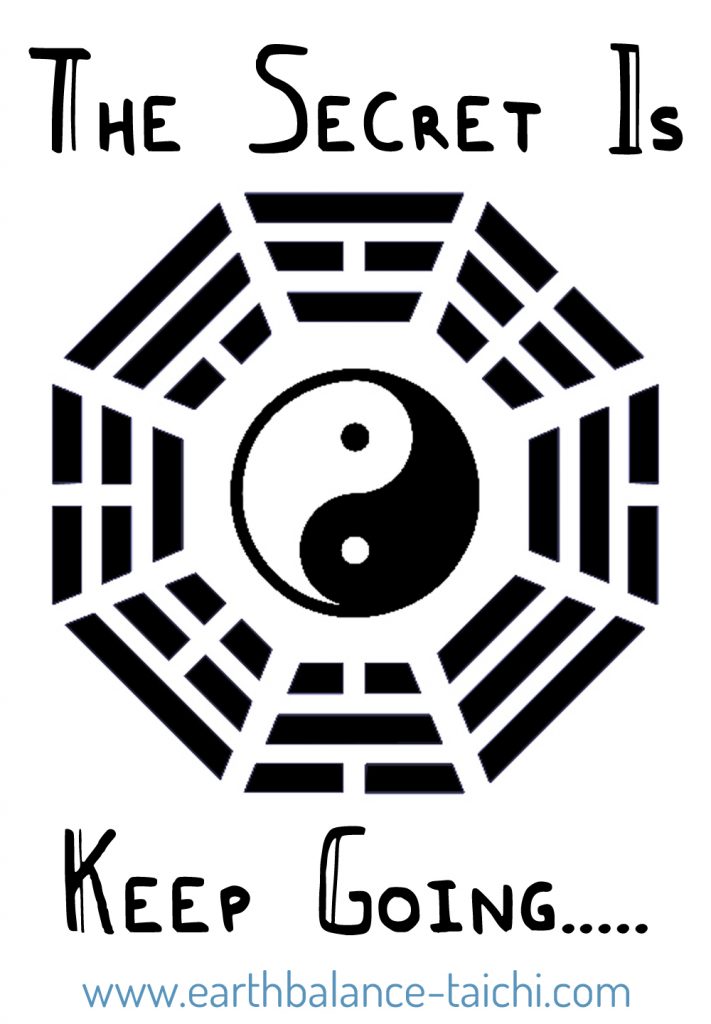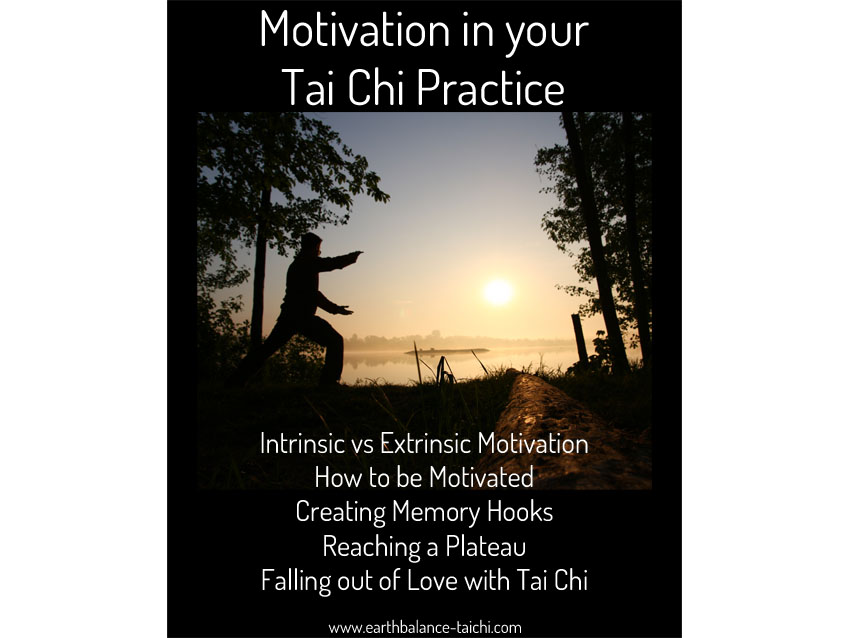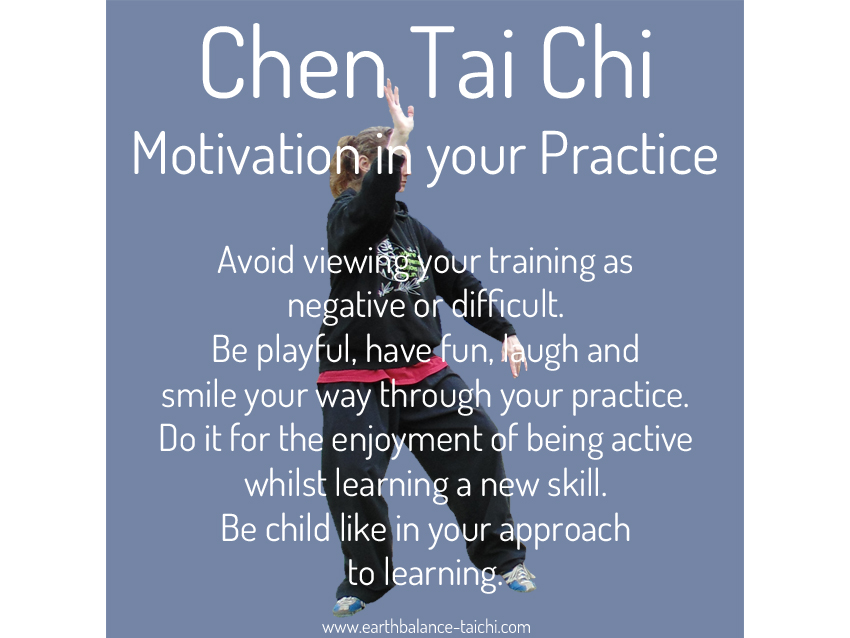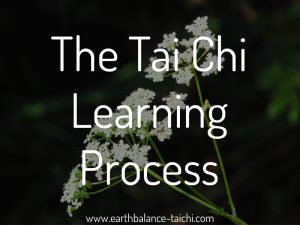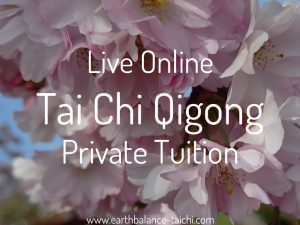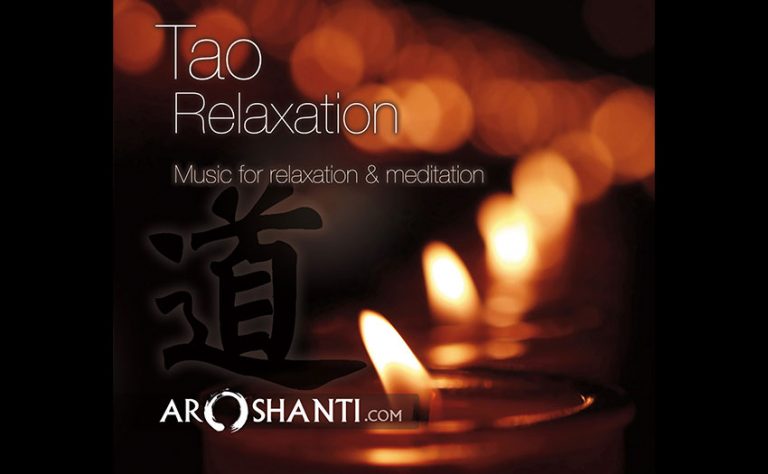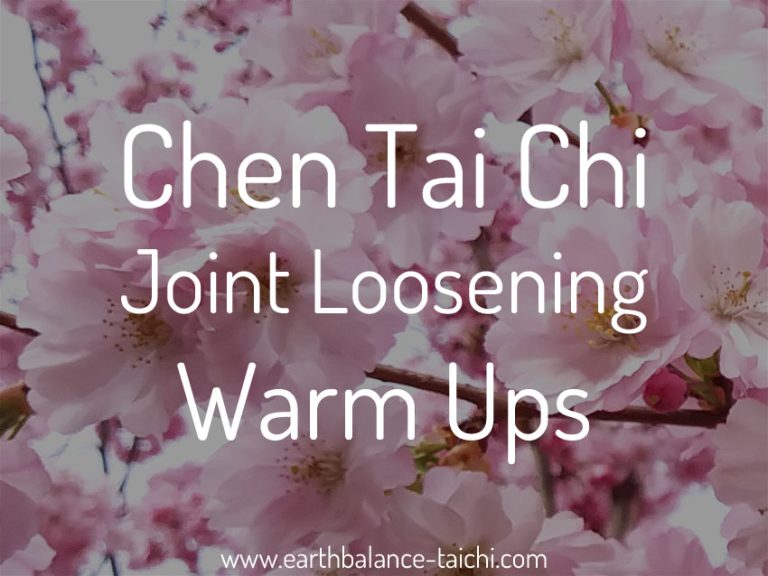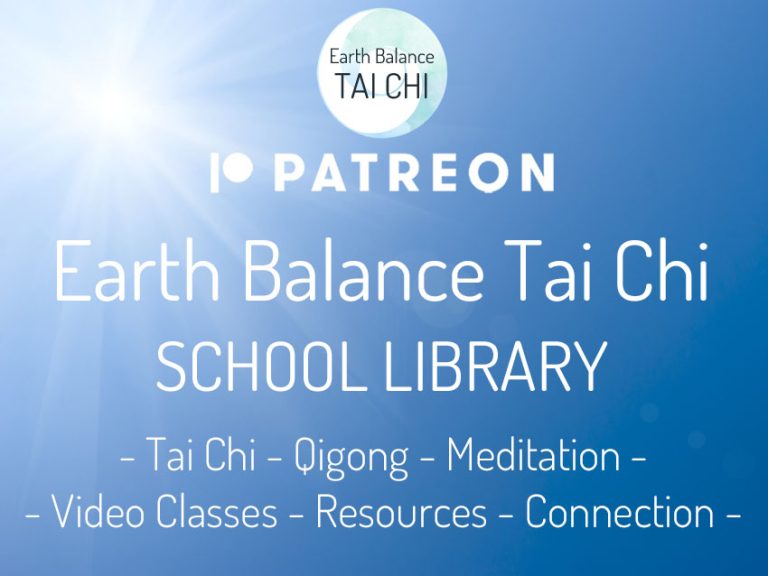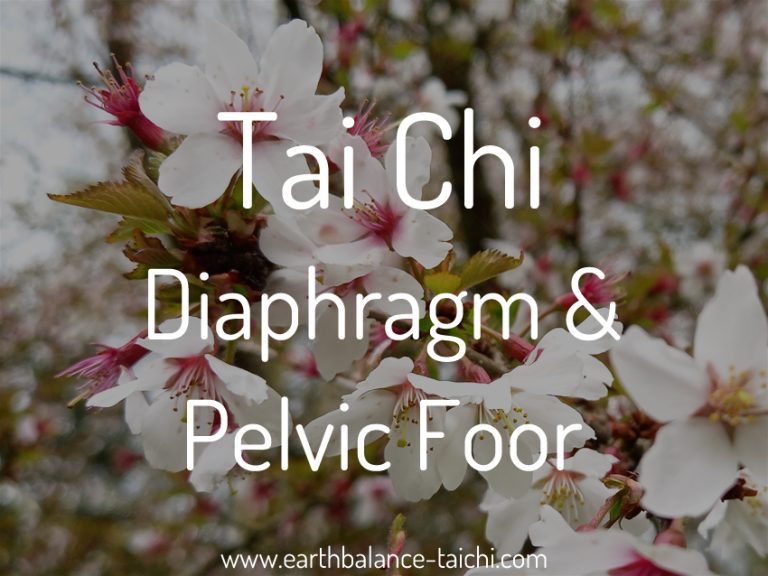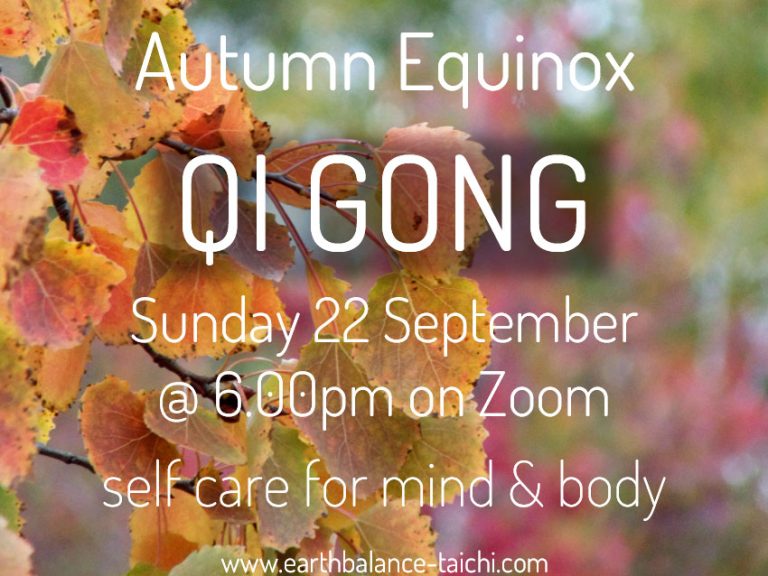Motivation in your Tai Chi Practice
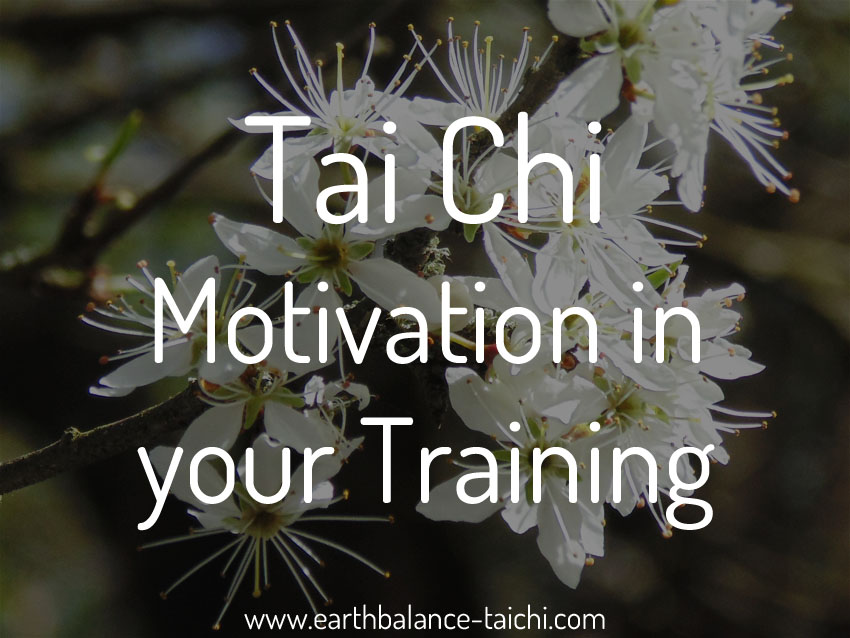
Motivation in your Tai Chi Practice
“Motivation gets you going, but discipline keeps you growing. That’s the Law of Consistency. It doesn’t matter how talented you are. It doesn’t matter how many opportunities you receive. If you want to grow, consistency is key.”
— John C. Maxwell
First let’s look at the difference between intrinsic versus extrinsic motivation.
Intrinsic Motivation
This is when the urge to do something comes from within, for personal reward and personal joy without a goal in mind. You do it for the enjoyment and satisfaction of the activity. The source of motivation is internally within you (journey focused). Examples:
- Practicing because you want to relieve stress.
- Practicing because you enjoy the social connection.
- Practicing because you love how you feel in that moment.
Extrinsic Motivation
This is when the urge to do something comes from the expectation of a tangible reward or external achievement. You do something in order to receive something else. The source of motivation is external to you (goal focused). Examples:
- Practicing to prepare for a test/exam such as in competitive Tai Chi.
- Practicing to complete a routine/form.
- Practicing homework set by your instructor ready for the next lesson
Which Works Best
Both types of motivation are essential to human life. However, in my experience both from learning and teaching Tai Chi, intrinsic motivation is the one to nourish. If you rely on extrinsic motivation to drive your practice, when the external goals are removed you will be left with a void. When motivation comes from within, you are more likely to be proactive and engaged in your Tai Chi training. This is what will see you through the highs and lows of practice.
A research paper by Wei Gao-Xia confirms that Tai Chi students “may have more optimal functional homogeneity within the ACC”. This is the part of the brain responsible for among other functions, motivation. So training Tai Chi can help improve general motivation in your life. Another article noted below by Pedro J Teixeira advises that “studies have found that the more intrinsically motivated a person is, the more likely their behaviour change will be long-lasting.”
How to be Motivated in your Tai Chi Practice
The more you practice the more you will become motivated to practice. This is based on the sense of achievement that comes with learning a new skill, being able to retain the movements and seeing a tangible improvement in your performance.
When you learn something for yourself ‘autonomously’, you retain the information much faster and deeper. You will also feel more positive about the learning experience. Explore this more in your training. What does it mean to be self-led in your Tai Chi training? How does it feel?
The team spirit is a great motivator. You will find that during a group class, you will feel more energised by practicing with people on the same path. Find people who share your passion for Tai Chi. Outside of your instructor led class this could be an informal practice group or an online forum.
How do you feel after a session? Most students would say great. Use the many health and wellbeing benefits as a carrot to dangle in front of your nose before you practice.
Engage in the your learning process and relish in the challenge of self-development. Aside from practice, watch you tube clips, DVDs, read articles and books.
Avoid viewing your training as negative or difficult. Be playful, have fun, laugh and smile your way through your practice. Do it for the enjoyment of being active whilst learning a new skill. Being child like in your approach to learning is very important.
Be prepared for ebb and flow in how you feel about practicing. One great piece of advice is just do warm ups. Even if you don’t feel like it, make yourself get up and go through the loosening exercises. At the end see how you feel. If you have not been motivated to practice, this is a great way to get the body moving. Once you finish a short warming up session you are more than likely to be motivated to continue onwards with a practice session, seeing as you are already warm and moving. Use the warm ups as a way to shake off how you are feeling, to slow down your mind and body, and to encourage you to start breathing deeper and longer. All of these will help you feel energised and motivated to move onto the Tai Chi movements.
Creating Memory Hooks
For some of us, the carrot and/or stick method does not help us become encouraged. Sometimes it is not as easy as giving yourself a kick in the rear and to just do it. Creating memory hooks will help you establish an emotional attachment to your Tai Chi training through the use of your senses. Preparing a space will help you step into your training with a good mindset. These are some examples of how to:
- Music – It is helpful to find a piece or playlist of music that you use purely for your Tai Chi, qigong or meditation practice. From classical to chillout, create a playlist where the music is around 4-5 breathes per minute. Create a memory hook, where through habit you establish and encourage a connection between your practice and the music. Playing music that you love and recognise whilst you practice will help you with motivation. In time when you hear the music, your memory will activate and relate this to the activity. In effect you are creating a space for yourself. You can use any music that you love, it could be heavy metal or pop music, anything goes.
- Aroma – If you use an essential oil burner or joss sticks, the same as with music you can create a memory hook with your sense of smell and your Tai Chi practice.
- Clothes - Wear the same training clothes each time you practice. When you get ready into your training clothes, it already is creating space for your practice.
- Location – For those blessed with a lot of space at home, you can create a practice room which helps create a positive connection to your Tai Chi practice. So that when you step into the space, it connects to a positive feeling and a good training session. A space where you feel relaxed, calm and comfortable. Avoid an area where there are phones, mobile or computer devices. Avoid areas where you will be distracted by things you have to do such as chores, to do lists etc. The same for areas where you can be disturbed by other people you live with. Hang a do not disturb sign from the door or agree in advance.
- Tea - Use a specific herbal tea as preparation for your practice. When you make the tea in advance, the smell will connect you to your practice. Sip as you train. Use only this tea for your Tai Chi and Qigong practice.
- Routine - Schedule your training time into the diary on the same day and at the same time each week. Stick to it!
These will all help you towards a more enjoyable experience during your Tai Chi practice. Find you inner motivation and seek out the joy within the experience.
Reaching a Plateau
It is inevitable that during our practice, there will be times of progression, regression and plateau. Plateau means a levelling off which may come with a feeling of lethargy over the movements you have learnt or even boredom and frustration at not progressing and learning something new. These are a trap, that may push you into overloading your mind and body with something new. The secret is keep going, be patient and do not force progression. Lean into the plateau by spending time on repetition of what you already have learned e.g. choreography, principles and quality of your movements. This will allow the body to absorb the information you have learnt cognitively (left brain) into the physical body (right brain), which can seem boring as the mind (left brain) is not needed and sometimes it does not like to take a back seat. Let go of the pressure and expectation you have on yourself to perform.
Go back to basics with standing practice (Zhan Zhuang) or work on mindful movement with focused breath work. Through this refinement you will naturally progress through the plateau without force. The break-through will be unexpected and rejuvenating, and importantly at the right time. This plateau will happen again and again, it is how you respond to plateau that makes a difference to your experience and longevity in your practice. Many people drop out during plateaus because they do not understand that plateaus are necessary. Anticipate the highs and lows and see struggle as an opportunity. Simply, keep going. Ebb and flow in your training and progression are part of the yin yang cycle of change, they belong together!
Falling out of Love with Tai Chi
If you fall out of a routine and your hectic life takes over, instead of approaching your training with dread or a negative mindset, take to time to consider the reasons you love Tai Chi. What are/were they? Remind yourself of why you started, what gave your joy and satisfaction in your training? Avoid looking at the goals or achievements in your practice, more how you felt or how you benefited personally or physically from the practice. Spend time working out what parts or aspects of your Tai Chi practice can bring forth that feeling again. Avoid slogging away on your current training programme trying to force yourself to practice in a certain way or at a certain pace. Understand that the life-long study of Tai Chi is not a linear journey.
If you feel stuck or are having trouble in your practice, avoid judging yourself. Observe these feelings, accept them and work towards resolving the inner conflict. Try to recreate the love of the practice from the basics upwards. Allow yourself to ebb and flow through your training whilst being kinder to yourself. Find the joy again, have fun and play Tai Chi, this will motivate you and in time you will fall back in love with the art. Read the follow on article called ‘Expected Challenges in Tai Chi Training’.
Discipline
“Motivation gets you going, but discipline keeps you growing. That’s the Law of Consistency. It doesn’t matter how talented you are. It doesn’t matter how many opportunities you receive. If you want to grow, consistency is key.”
— John C. Maxwell
Discipline takes you to the places that motivation cannot. Motivation is that first spark of excitement, an initial boost that gives momentum to a new idea, what drives you to begin or what gets you started. Discipline is what creates longevity, the work needed to continue when times are hard, it's what keeps the flame burning after the initial spark fades. Consistency is key. Keep going, every day step by step. You are either working towards becoming stronger or you are working to become weaker. Discipline means practising when you don't want to, to invest in the long term with short term inconvenience. In the video below Mel Robbins discusses an action led response, rather than an emotion led response and how our bodies can lead us into inaction through habit and trauma. I like her perspective that motivation and discipline don't exist. Instead, actions are key. To ignore the initial emotional guttural response to having to take an action, and taking action anyway. This applies so well to Tai Chi and Qigong training, as to have a life-long daily practice, you need to be able to train when you don't want to as much as train when you really want to. Have grit and give grace.
Resources
- Motivational Differences between Tai Chi Chuan Practitioners - By Jorge Magalhães Rodrigues, Mariana Pinto Mestre
- Overcome Barriers To Taichi Exercise - By Yip See Kit, Senior Coach of NewAgeTaichi, Copyright 2008
- Tai Chi Chuan optimizes the functional organization of the intrinsic human brain architecture in older adults - By Wei Gao-Xia, Dong Hao-Ming, Yang Zhi, Luo Jing, Zuo Xi-Nian
- Revitalization through Self-Regulation: The Effects of Autonomous and Controlled Motivation on Happiness and Vitality - By Glen A.NixRichard M.RyanJohn B.ManlyEdward L.Deci
- Exercise, physical activity, and self-determination theory: A systematic review - By Pedro J Teixeira, Eliana V Carraça, David Markland, Marlene N Silva and Richard M Ryan
